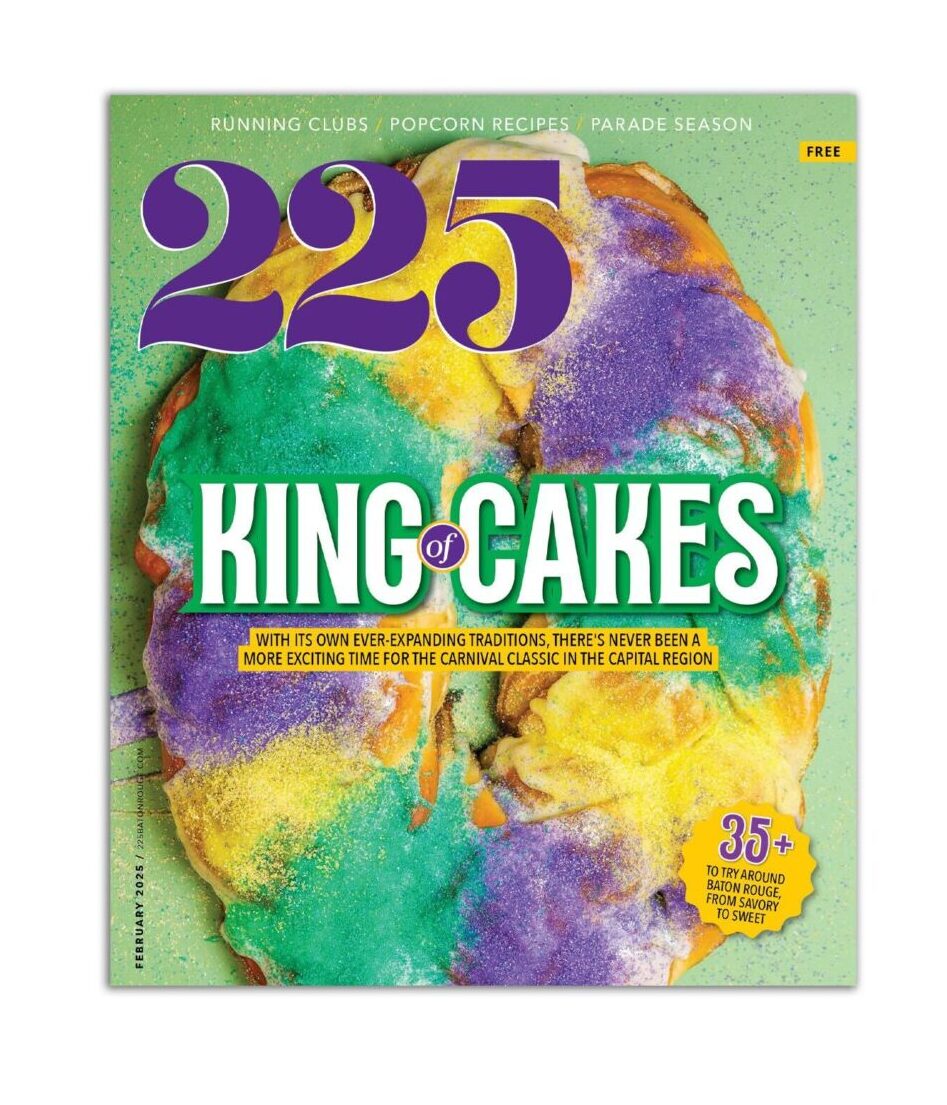Dylan Miller can solve a Rubik’s Cube in less than 10 seconds. He can also solve it one-handed. One more thing: He’s 11.
Dylan and his family travel around the country for Rubik’s solving competitions: the two-by-two cube, the three-by-three cube and the one-handed competitions. Dylan regularly places in the top five at such events, even competing against experienced adults, says his dad, Marshall Miller.
Dylan’s biggest desire is to share the sport and for more people to really enjoy it, Marshall says. The Baton Rouge Lutheran School student—who is ranked in the top 300 Rubik’s Cube solvers worldwide—discussed his start, his practice routine and his goals with us.








